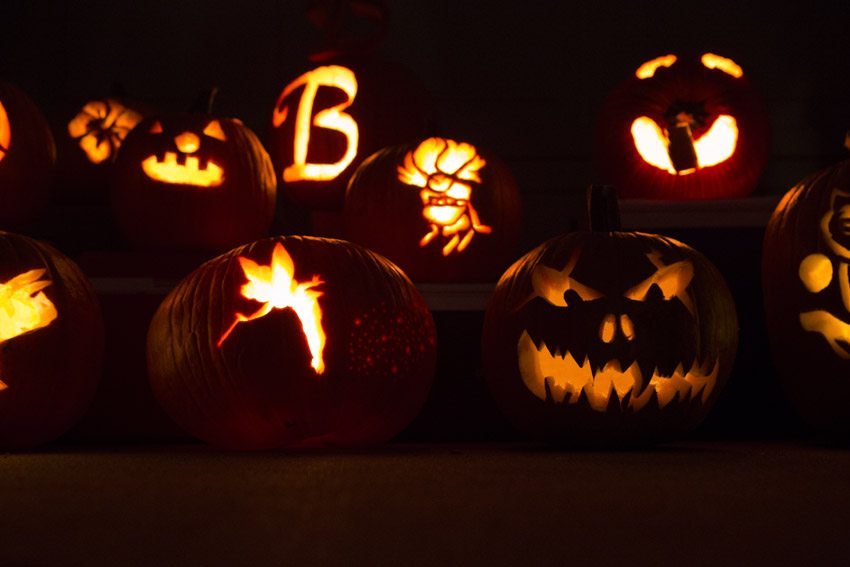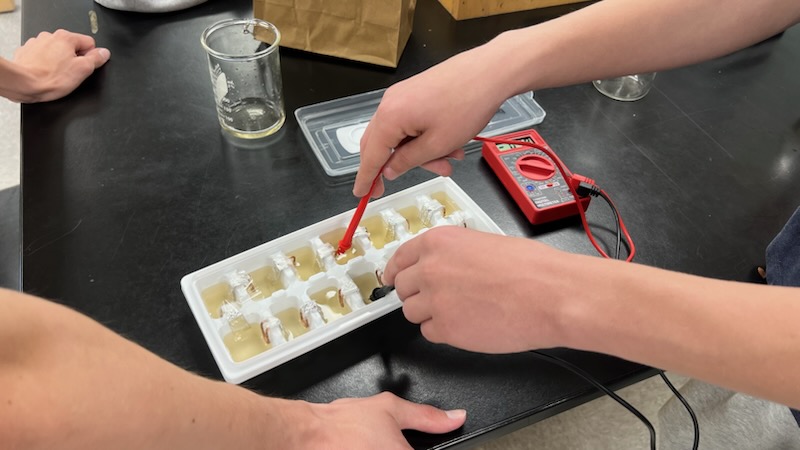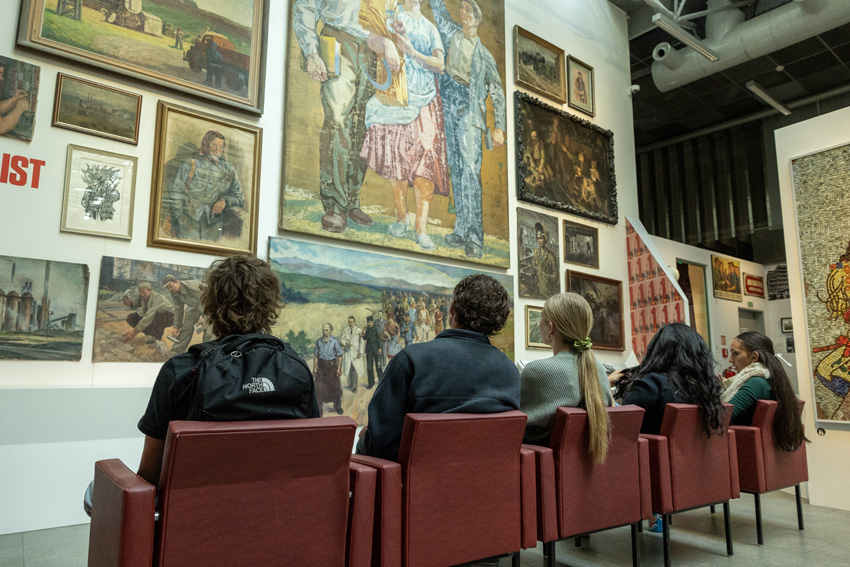
Halloween, a time of anticipation for many Americans who enjoy this sugar filled holiday. But when did this holiday start and how did it originate? Halloween originated in the Celtic lands (England, Ireland and Scotland) where it was a festival that marked the start of winter.
The Celts believed that on this day the spirits of the dead could come into the land of the living. The Celts constructed bonfires and wore costumes to ward off the spirits, hence the tradition of dressing up on Halloween. When the Celtic lands were reformed, the Catholic Church changed the day to All Saints Day, Nov. 1, in an attempt to Christianize the festivities.
Reformation Day is also celebrated on Oct. 31. This day commemorates the bold and revolutionary thoughts of Martin Luther King when he defiantly posted his 95 Theses on the wall of Castle Church in Wittenberg, Oct. 31, 1517. With this act he fractured the Catholic Church and began the Protestant Reformation.
Halloween became popularized in America in the 1840s when Irish immigrants, fleeing the Irish potato famine came to America and brought the holiday with them. The holiday became even more popular during the 1950s and has been the same ever since.
[fusion_soundcloud url=”https://api.soundcloud.com/tracks/231845106″ params=”auto_play=false&hide_related=false&show_comments=true&show_user=true&show_reposts=false&visual=true” width=”100%” height=”150″ iframe=”true” /]
In modern times Halloween is widely celebrated, from trick-or-treating in a local neighborhood or attending an event. Although Halloween is well cemented in American society there are many different views on this subject.
Senior Josiah Weimer, who began attending FCS this year, shared what he knew about Halloween and the various ways it is celebrated.
“Halloween is a holiday that is often used by people for like evil or for pranks,” Weimer said. “But I think it can also be a positive thing because our church always does an outreach on Halloween and that’s one way to reach people so I think it really depends.”
Weimer then went on to explain what he knows about the history of Halloween and its evolution throughout the years.
“Well I know that it started out as all Hallow’s eve,” Weimer said. “And it had to do with saints, but it’s really progressed into something more satanic.”

Julia Fikse, ’19, believes that Halloween practitioners can delve into darker behaviors.
“I don’t think that people should celebrate Halloween anymore,” Fikse said. “A lot of people can do bad things or have questionable behavior on this day. It becomes more acceptable.”
Believing that Halloween has a fun and carefree vibe, Brooklyn Ainley, ’17, shares her beliefs about the holiday.
“I think that Halloween is a really fun holiday to be a part of,” Ainley said. ” Trick or treating, watching scary movies, dressing up in costumes. There’s a lot of fun stuff to do, and you don’t have to do any of it in particular. It’s just about having a fun time.”
Roman Endicott, ’18, enjoys Halloween for the relaxed tempo and how starts off the holiday season.
“I really like Halloween,” Endicott said. “It’s like the kick off holiday, because then we have thanksgiving and Christmas right after that. It starts the holiday season. Halloween is also a kind of relaxed holiday, people aren’t expected to do anything in particular.”
I used this article for research on this topic, History of Halloween at History.com
This writer can be reached via Twitter: @matthewsue1 and via email: Matthew Sue.




